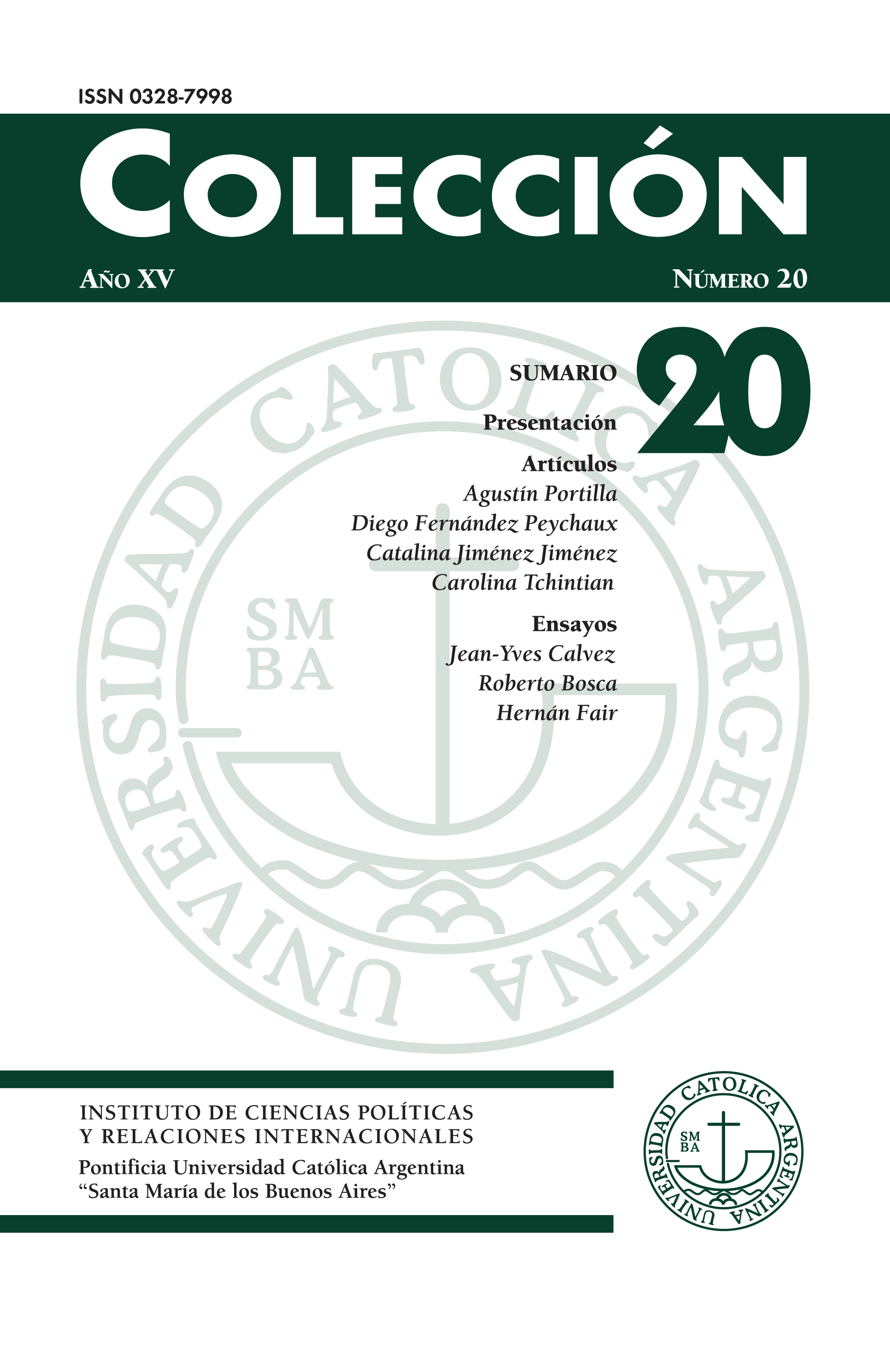The Security Statute, the aplicability of the National Security doctrine in Colombia
Keywords:
National security doctrine, Human rights, State politics, Political strategy, State of exceptionAbstract
For the public opinion and the national and international academy, the Democratic Security policy that Alvaro Uribe Velez suggested since he came to power in 2002, has certain features of similarity with the State security policy conducted by President Julio Cesar Turbay from 1978 to 1982 known as the Security Status. To make an accurate comparison between these state policies, it is necessary to analyze the Turbay´s security status from Turbay to establish frameworks of analysis that can be used for this comparative exercise. Therefore, this article proposes to analyze the security status governing Colombia from 1978 to 1982 through three frameworks: First, the implementation of the Status through civic relations - military, ideology and the occupation and administration of institutions; second, the scope of the status regarding violations of fundamental rights and legal procedures and the dynamic country - city, and finally, the dismantling of the status. Finally, this study aims to highlight the need to rethink the notion of the state security according to how this concept has changed after the Cold War.Downloads
Downloads
Published
2017-11-23
How to Cite
Jiménez Jiménez, C. (2017). The Security Statute, the aplicability of the National Security doctrine in Colombia. Colección, (20), 75–105. Retrieved from http://200.16.86.39/index.php/COLEC/article/view/828
Issue
Section
Research Articles
License











 Colección
Colección